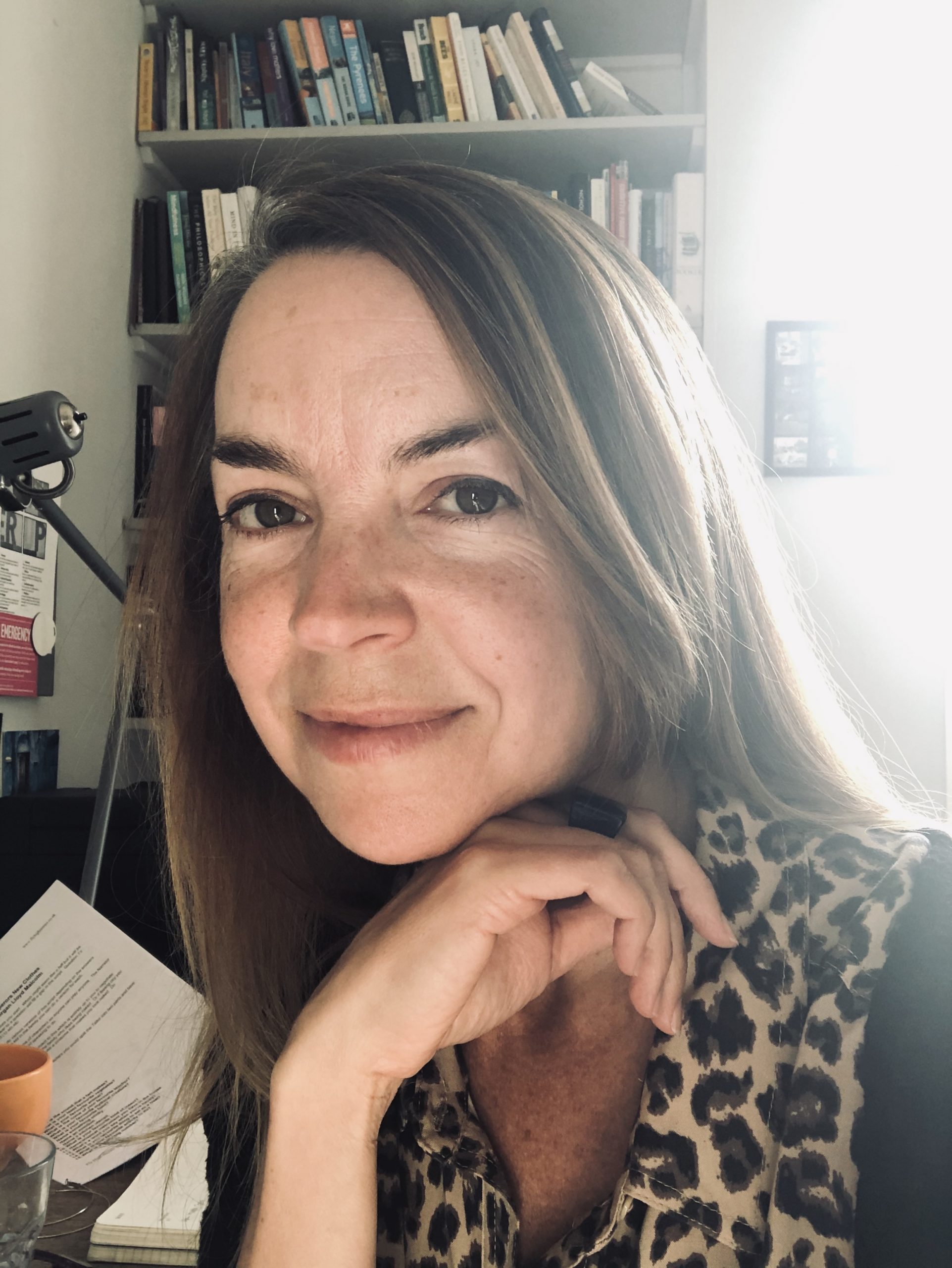
17 Feb A Sense of Direction – Naomi Alexander
For Naomi Alexander, setting up a theatre company was not about having a stage to showcase work, or providing a platform to other artists, or achieving commercial success. When Alexander founded Brighton People’s Theatre in 2015, it was, she says, an attempt to solve a glaring injustice in performing arts funding.
“Between 2008 and 2011, Arts Council England invested £1.6 billion of public money from the government and the National Lottery,” Alexander explains. “So much of that money ended up reinforcing and recreating social divisions. I wanted to create a company that broke down social divisions instead – and I think we are getting close to finding a model that really works.”
Alexander’s argument – and it is one that is backed up academic research, like the 2015 Warwick Commission Report on the Future of Cultural Value – is that the bulk of public arts subsidy in the UK finances cultural expressions predominantly valued by those from privileged backgrounds. That, in other words, Arts Council money usually ends up funding entertainment for the few, not the many.
“Some forms of cultural expression are seen as more legitimate than others,” she continues. “Ballet over hip-hop. Shakespeare over community theatre. Obviously, it is a lot more nuanced and complex than that, but the general idea is that public money often ends up reinforcing social stratification. And that, for me, is a social justice issue.”
***
Alexander’s background meant that she was ideally experienced to explore alternative models for making theatre. Originally from Shoreham on the West Sussex coast, she studied theatre at Warwick University in the early 1990s, spent several years as artistic director of a community theatre company, then left the industry to work in community development for the following fifteen years.
“I actually trained with a guy that trained Barack Obama in community organising,” Alexander remembers. “I’ll never forget what he told me. He said: ‘A good community organiser stands at the front of the room running the meeting. A great community organiser is at the back of the room, while the community runs the meeting. An excellent community organiser isn’t even in the room.’ I really value that principle of working yourself out of a job.”
It was when she was in her late thirties, “trudging in and out of parliament, trying to change policy within the community sector”, that Alexander realised she was “actually quite miserable” at work. “I thought to myself: ‘I was so much happier back at the beginning, when I was working in theatre,” she remembers.
Alexander returned to higher education and spent two years studying for an MA in Applied Theatre at the Royal Central School of Speech and Drama, graduating in 2014. Roles in community development at Battersea Arts Centre and the Old Vic Theatre followed, before she decided to start her own company, back on the West Sussex coast where it all began.
***
One of the earliest and most important decisions Alexander made was regarding the company’s name. “We are a people’s theatre, not a community theatre,” she explains. “As soon as you stick the word ‘community’ in front of something, it changes an audience’s relationship with it. It excludes people and devalues the work, and I find that very problematic.”
“There’s all sorts going on at the moment,” says Alexander, when asked what Brighton People’s Theatre is planning in 2022. “We have two live projects, each of which will involve a mix of professional and non-professional creatives. There is an immersive family-friendly musical called The Songbird Cafe, which explores loneliness and isolation and has been developed through lots of workshops with local people, and there is a show called Born and Bread, which explores identity through food, and will somehow involve stories being told over a long table.”
Alongside those productions, Alexander and her company’s board of directors are developing a business plan to both secure the company’s financial future – it is not a National Portfolio Organisation yet, but its status as a Charitable Incorporated Organisation allows it to access funding from trusts and foundations – and to establish its position in Brighton and beyond. An essential part of that, says Alexander, is cultivating as many partnerships as possible.
“As one organisation, we have limited resources,” she explains. “The most effective way we have of spreading our reach across the city is by developing relationships with both other community development organisations like local food banks, cafes and sports providers, and with other arts organisations, like Brighton Festival and the Attenborough Centre for the Creative Arts. It is all about building networks.”
Networks, Alexander continues, that extend beyond Brighton to include other community development organisations – companies like Cardiff and Bradford-based Common Wealth Theatre, North London’s Company Three, and Leeds-based Slung Low, that are similarly striving to break down social stratification within the performing arts industry.
“As Brighton People’s Theatre grows up, we are going to learn a lot about what works and what doesn’t when it comes to community development within theatre, and why,” Alexander concludes. “We want to both share that knowledge and learn from others at the same time because, as an industry, we need to find more ways to involve everyone from all parts of society and allow them to fulfil their creative needs.”
—
Naomi Alexander was talking to Fergus Morgan for SDUK.
